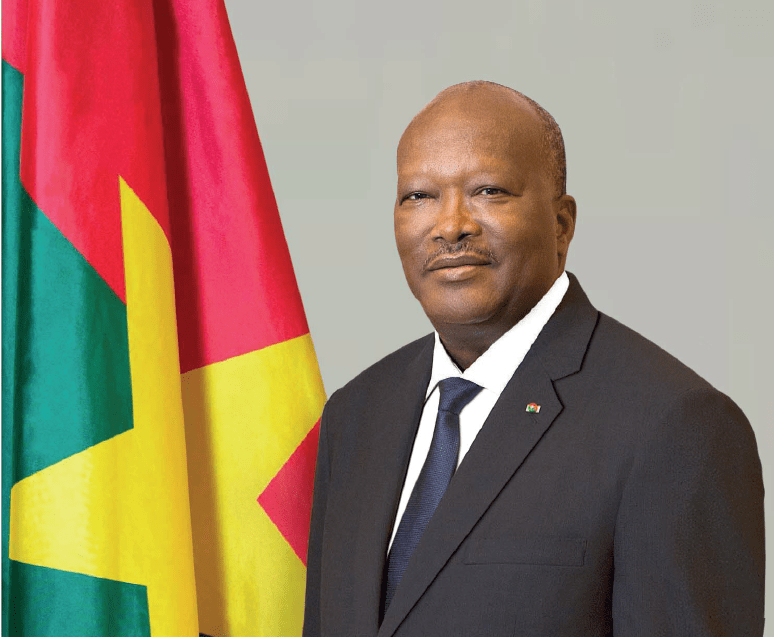Today, Burkina Faso is practically submerging and defeated by jihadist attacks that have moved into Niger from nearby Mali and clouded other countries in the South. Not more than five years ago, Burkina Faso had become a favorite vacation spot and was proud of itself. Now, the nation is on its knees. As of 2015, over 1650 people and troops have died, which is just a percentage of the actual number that is reported. Close to one million citizens were forced to leave their homes and there is no such safe place in that country. The horrific tales traumatize Burkina Faso, yet it is one of the poorest countries in the world.
“In December, my wife was killed in an attack in Arabinda, leaving a two-year-old baby. The child is in Ouagadougou and social services are taking care of him. I had more than 50 cattle and sheep, but not anymore. I lost everything,” said Aly Sidibe, a 42-year-old former herder displaced in the northern city of Kaya, Burkina Faso.
Burkina Faso, which has French funding to push jihadists back into the large sub-desert region, is located in the heart of the Sahel. General Moise of Burkinabe struck back at the alleged weakness of the military forces.
“People who talk like that do not know the real situation. The battle is hard, but we will shortly get results,” he said.
Jihadists Attacks in Burkina Faso: Kabore, is a “Lazy King”
He noted that the nation will have five operating battle helicopters by the end of 2020, pointing at the plan of “liberating the axes and securing the people.” Military reports claim that the military was a target of the civil instability in Burkina Faso. Burkina Faso appeared to be resistant to terrorist threats for many years.
According to some sources, the former President of Burkina Faso, Blaise Compaore, and terrorist groups entered into a clandestine deal. After Compaore left power in 2014, jihadists effectively suppressed the army, stripped them of capital, supplies, and development. Both the overthrown government party and the ruling party of President Roch Marc Christian Kabore, which assumed power in 2015, fear of coups.
“We had an untrained army without weapons and ammunition at all. There was never an appropriate strategy,” Savadogo said.
The troops in Burkina Faso were overwhelmed when the jihadist attacks rose in 2015. Consequently, the nation moved from loss to failure, concealing failures with claims of glorious successes often. In the long run, the regional power of the government is dwindling and the military, police, teachers, and managers in whole areas of the country are unavailable. Many claim President Kabore has done nothing to pacify the ongoing militant assaults.
“The President of Burkina Faso is a kind of lazy king who holds more and more audiences and listens in his chair without making any decisions,” a diplomatic source in Abidjan said.
The Age of Retribution
Savadogo said that inter-ethnic brutality bridged the gap left by the government. He pointed out the confrontations in a hostile cycle between the Mossi and Fulani, an indigenous herder community often identified as the Peuls. Other ethnic groups accuse them of collaborating with the jihadists.
“The Mossi abuses in retaliation for the actions of armed terrorist groups have practically pushed the young Fulani to join jihadists. They have no other choice if they want to survive, but also to take revenge,” he said.
Continued strategies of jihadist groups across the Sahel have intensified inter-ethnic conflicts. These groups aim at catering for citizens who have been abandoned by the government. Corrupt government officials in Burkina Faso give out the hunting reservations and mining areas. Consequently, the owners are always in danger. They also give the hunting and gold-panning zones to the residents in the north and eastern part of Burkina Faso.
According to Drissa Traore, a teacher and political analyst, Kabore’s extravagant public safety promises will not convince the general population. Some find his proposals to be a political advertisement until the November presidential elections. The security catastrophe may discourage the country of voting, which may lead to a disagreeable or controversial outcome.
“Their worries are elsewhere. Water, gas, food, everything is lacking. Even when these products are available, they triple or quadruple the prices,” Traore added.
“Despite a disastrous record, the ruling party will win, because the opposition has no leader. We run the risk of even more tension,” predicted Savadogo. “We’re going to sink even further.”
MORE
- Boko Haram Jihadists killed almost 100 Chadian soldiers in a seven-hour attack.
- “IBK, Get Out”: Thousands in Mali Demand President Keita’s Resignation
















